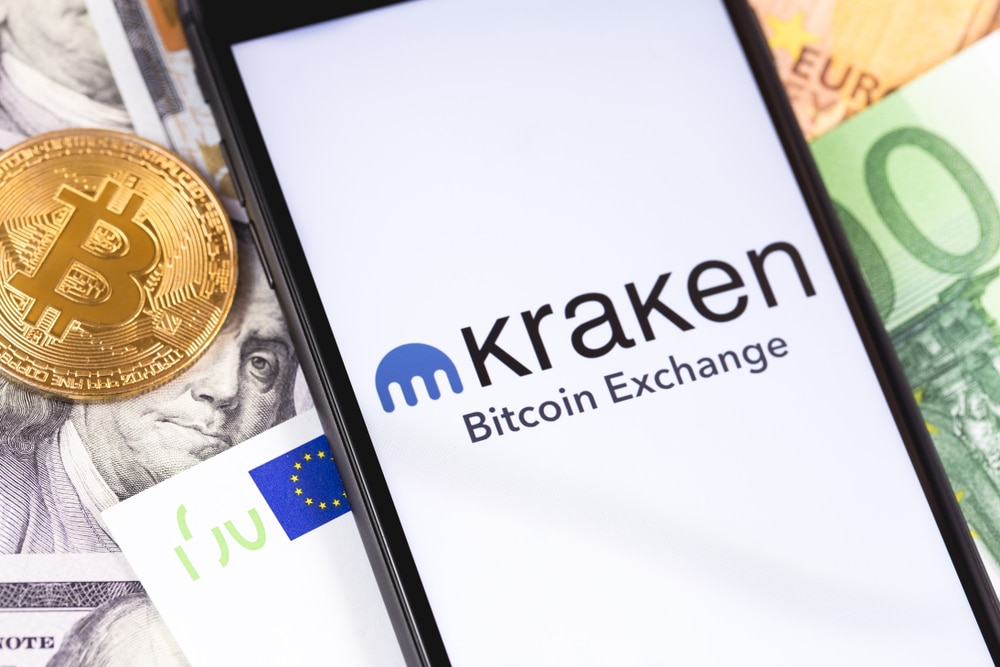The regulation crackdown on cryptocurrencies is spreading like wildfire with the crypto exchange, Kraken coming out with a new set of regulations for its U.S. users that engage in margin trading. Kraken announced in a recent statement that it would prevent users who fail to satisfy the condition of higher levels of identity verification from using its services on margin trading. This regulation will take effect on June 23 after which those who fail to comply with the rule before then will be denied access to margin trading. This rule will only apply to those who have only been able to complete the verification process on the exchange up to the starter level.
The new regulation released by the crypto exchange follows the decision by the governments of most North American countries like Canada to regulate the crypto space. Tokenhell, in one of its posts, had reported two days ago that the US Internal Revenue Service was making attempts to regulate the cryptocurrency industry. Earlier in May, US President, Joe Biden had proposed imposing an almost 40% capital tax on crypto transfers exceeding $10,000. Also, they have issued summons to various crypto exchanges to report such transfers. A myriad of regulations are being set up in other countries like China as well. The Asian country had recently clamped down on crypto miners recently in line with its new carbon policy.
All of these regulations are flying around in the midst of calls against over-regulation of the sector by US Security and Exchange Commissioner, Hester Peirce who had said that over-regulating or enacting strict regulations would stifle emerging technologies being launched in both the cryptocurrency and blockchain space. She had suggested an alternative, which is allowing both industries’ stakeholders to regulate the space themselves in conjunction with government regulators, of which Japan is a case in point. In another development, Latin American countries, El Salvador, Paraguay and Mexico indicated their willingness to adopt Bitcoin and recognize the technology. El Salvador led the pack with its latest decision on Bitcoin adoption which has garnered positive reactions from crypto enthusiasts.
Kraken Steps Up on Its KYC Rules
The statement released by Kraken states that users will only be able to reduce active margin exposure if they fail to satisfy KYC (Know Your Customer) requirements by the given date and those who still fail to close their accounts by the deadline will have their accounts expire 28 days from the deadline. Users who have verified their trading accounts on the exchange up to the intermediate level or full-scale will not be affected by these new regulations.
Kraken is not the only exchange who has stepped up on its KYC rules following the regulation crackdown. Other exchanges have also followed suit. In fact, BitMEX is currently facing a lawsuit from US CFTC and DOJ for various charges including KYC guidelines violations. Regulatory organizations have maintained that fraudsters will be able to take advantage of the KYC lapses in crypto exchanges, which could pose a great risk to the funds of other users of the exchanges. Regulatory bodies in Canada and South Korea have also issued to exchanges based in both countries asking them to comply with KYC guidelines and other regulations.
At Tokenhell, we help over 5,000 crypto companies amplify their content reach—and you can join them! For inquiries, reach out to us at info@tokenhell.com. Please remember, cryptocurrencies are highly volatile assets. Always conduct thorough research before making any investment decisions. Some content on this website, including posts under Crypto Cable, Sponsored Articles, and Press Releases, is provided by guest contributors or paid sponsors. The views expressed in these posts do not necessarily represent the opinions of Tokenhell. We are not responsible for the accuracy, quality, or reliability of any third-party content, advertisements, products, or banners featured on this site. For more details, please review our full terms and conditions / disclaimer.
